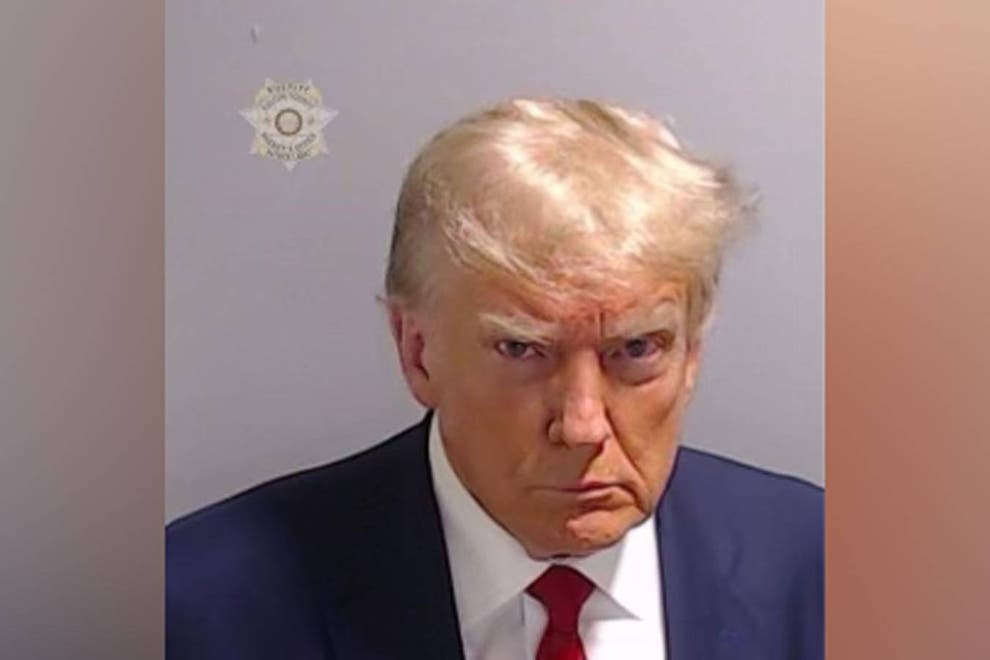Free Rides To Prevent Criminal Records and the Broken Window Theory, Unacceptable Fee Increases
About five years ago, Washington, D.C. revised its rules to exempt fare-dodgers from criminal punishment. In the metropolitan area, Black residents make up the largest segment of the population at 40%. Washington reasoned that it was necessary to revise the rules about fare-dodgers because prior convictions for even minor crimes hinder employment and any escape from poverty for Black residents who make up a high proportion of arrests.
As a result, the number of fare-dodgers has increased. The subway administration has a system of fines, but its effectiveness has been limited. A police officer acquaintance informed me that parents often use their children’s school commute passes, and cases of children evading fares are also high. The cost in damages, including for bus services, looks to be as high as $40 million, or about 5.7 billion yen, per year.
Violence on the subway system is also increasing. I am reminded of the broken windows theory, [https://www.simplypsychology.org/broken-windows-theory.html], which posits that neglecting a broken window invites rampant crime and regional decay.
Because of the fare-dodging, the subway administration has announced it will install strengthened plastic gates to prevent riders from climbing over the gates. This change is reported to cost $35 million.
Meanwhile, the cost of a ride in the part of the subway I use has increased by 15%. I’m not the only one who is unhappy with this situation.


